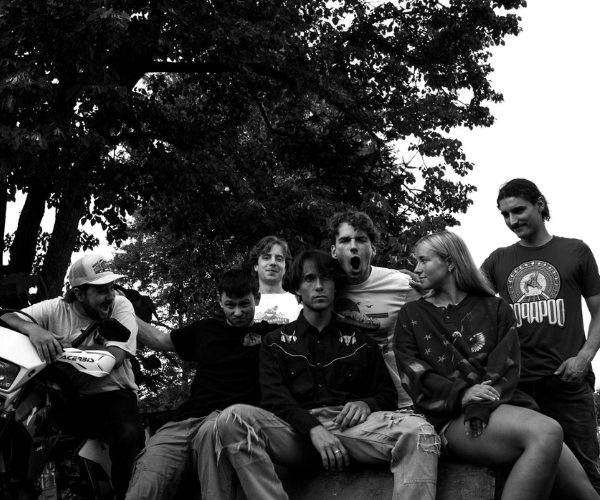Hootie & the Blowfish frontman Darius Rucker shocked the rock and pop worlds with his 2008 announcement that he was pursuing a solo career as a country artist. What appeared to be a gamble, however, turned out to be a sure thing. His first album, Learn to Live, produced three No. 1 hits and went platinum. In 2010 he won the Country Music Association's New Artist of the Year award, and his second effort, Charleston, SC 1966, has yielded two more No. 1s.
As Rucker continues touring (he'll be at the Cuyahoga County Fairgrounds in Berea on Sept. 10), the South Carolina native talks about his deep country roots and breaking country's race and rock barriers.
Were you concerned that you wouldn't be accepted as a country artist?
I became a little concerned when the record label got involved — it was a big deal to them. But I was just happy I was getting to make a record. I really didn't expect anything. Sure, you hope the radio [stations] will play it. But if they didn't, I understood.
What were you concerned about?
That they wouldn't let the pop guy in. There were always so many people coming over [to country] and trying to make a dent.
According to Billboard, you're the first black artist to achieve major success in country since Charley Pride. Were you aware of that when you made your first country album?
I was surprised. But I wasn't making the record thinking anything even remotely like that.
You've said that Radney Foster's 1992 album, Del Rio, Texas 1959, inspired you to make a country record. What made it so powerful?
His voice. Radney's voice is so awesome. I thought, I want to sound like that. And the songwriting on that record! Every time I sing along with "Louisiana Blue," I can't believe I haven't cut that record yet.
Why do you like country music, maybe even more than rock?
The storytelling. When I was a kid, I was huge into Kenny Rogers. I thought he was the man. I still think he's the man! I'd sit and listen to the AM radio, waiting for Kenny to come on — maybe it was a song like "Coward of the County," even "The Gambler." All those songs tell these great stories.



